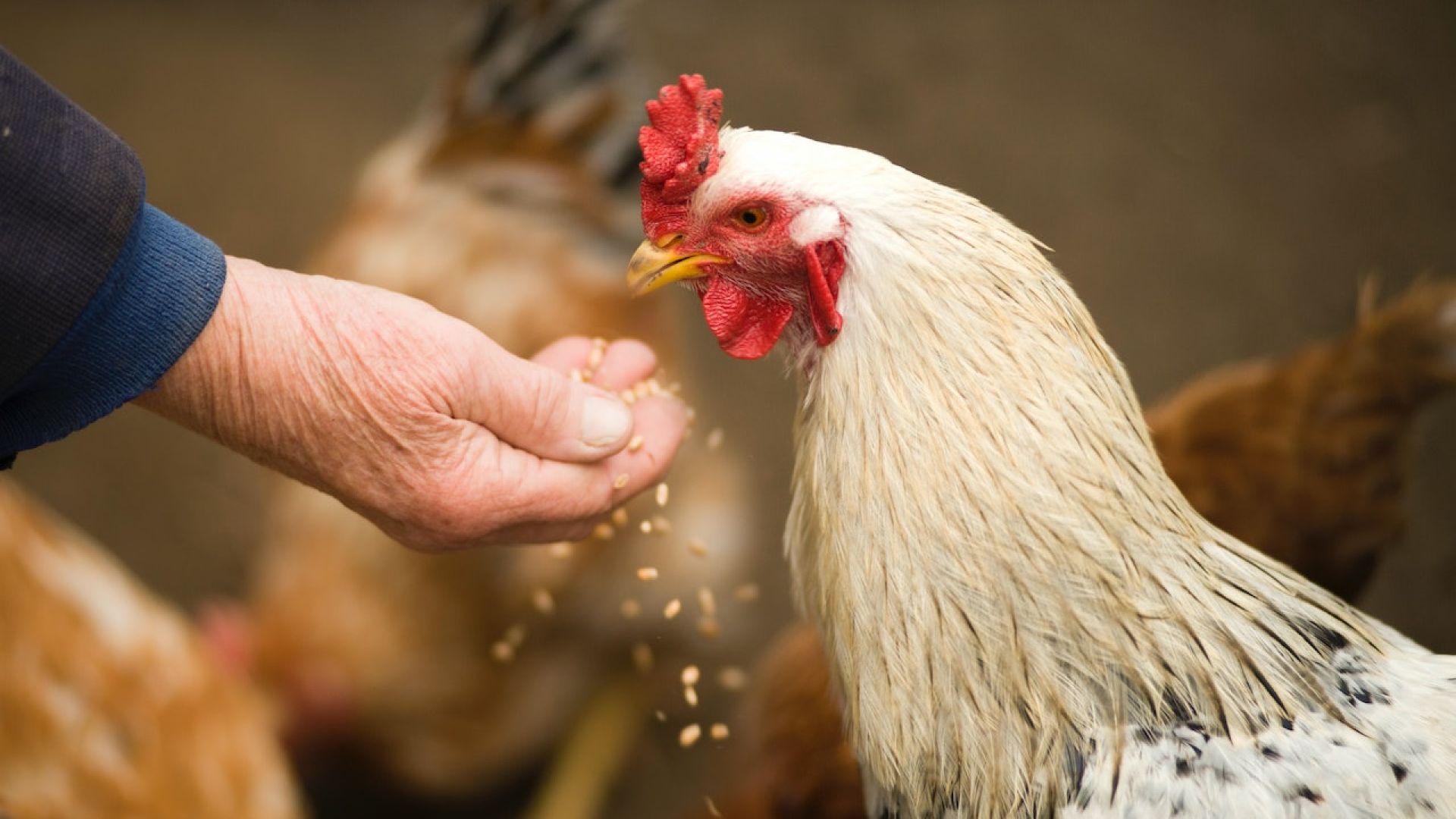Russia seems to be over the poultry crisis

Russian authorities have managed to bring the domestic poultry and egg market back in balance using the carrot of generous state support measures and a stick of antimonopoly investigations, according to officials.
Recently, the average wholesale price of broiler meat on the Russian market decreased by 0.1% to 157 roubles (US$1.73) per kg. The average wholesale price of a pack of 10 eggs dropped by 1.3% to 89.7 roubles (US$0.99), the Russian Agricultural Ministry said in a statement. The price dynamics have remained predominately flat since January 2024, following unprecedented turbulence in the second half of 2023. The occasional shortage of broiler meat on the shelves, seen in some regions in September 2023 and January 2024, is no longer occuring.
At the end of 2023, the Russian government adopted a decree allowing Russian regional authorities to take steps to lower poultry and egg prices. Maxim Shaskolsky, head of the Russian Federal Antimonopoly Service said that at the time of the meeting 34 regions utilised this tool, signing agreements with 2,200 food manufacturers, under which they promised to constrain the rise in wholesale prices in exchange for certain benefits. In addition, the authorities’ investigation revealed that in particular cases, the upward price dynamics were not justified by a corresponding growth in production costs or change in business marginality. In total, FAS kicked off 10 cases against Russian poultry and egg manufacturers for breaking antimonopoly law, Shaskolsky disclosed, not providing further details.
Thanks to generous state aid, Russia is on track to expand egg and poultry production in 2024, Maxim Uvaidov, deputy head of the Russian Agricultural Ministry, said during a recent parliament session. He said 51 egg farms are due to expand egg production in total, thanks to bank loans with subsidised interest rates. In 2023, Russian egg production reached 46.6 billion units, adding 1.2% to the 2022 level, Uvaidov said.